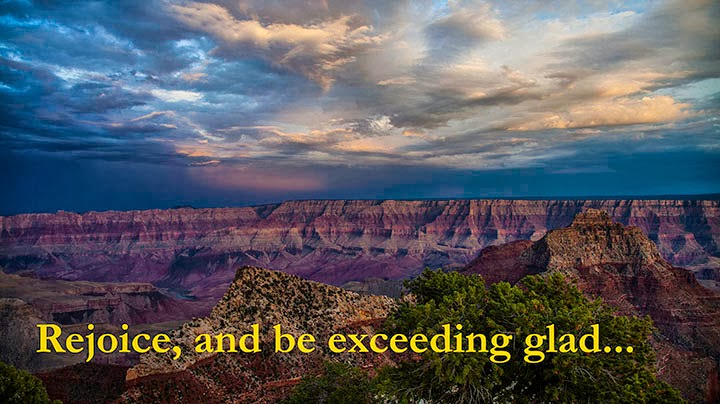Recording, researching, and remembering the stories of faith of those who came before help us to better understand who we are. We do stand on the shoulders of giants. Remembering that can help us extend that legacy of faith for generations to come.I would put those steps into a slightly different order: remembering, researching and recording.
Remembering
The process of remembering our ancestors involves not only our own efforts to remember stories told to us from our parents and grandparents but also taking the time to talk to older relatives and even the friends of our older relatives for stories about their lives. This may include a formal oral interview or simply taking time to sit down and listen as they talk. The FamilySearch blog post refers to an April 2014 General Conference Talk by Elder William R. Walker of the Quorum of the Seventy. Quoting from the post:
In Elder Walker’s General Conference address he shared how his grandmother was proud that her grandfather had served in the Mormon Battalion, and that she wanted all of her grandchildren to know it.
“She wanted to turn the hearts of the children to the fathers,” he said. “She wanted her grandchildren to know of their righteous heritage—because she knew it would bless their lives. ”
He went on to say, “Whether or not you are a descendant of pioneers, the Mormon pioneer heritage of faith and sacrifice is your heritage. It is the noble heritage of The Church of Jesus Christ of Latter-day Saints.”
Standing on the shoulders of giants. That is what Elder Walker suggested we keep in mind as we reflect on our forefathers.Record
Irrina makes the following observations:
Capturing memories from family members is the easiest place to start. Those living memories disappear if not recorded, which makes oral histories so important.
A few years ago, I interviewed my paternal grandmother at length to capture her story. I used the opportunity to ask her questions about when she was introduced to The Church of Jesus Christ of Latter-day Saints, what callings she held during her lifetime and which ones she enjoyed the most. I recorded the conversation, and then transcribed it later to put in a book that I can keep forever.
During the interview, I learned that she was introduced to the Church as a youth after she met my grandfather at a youth dance. I learned that as a new convert, she served in the presidency of the MIA, and at times felt inadequate to do so. I learned that the example of an older brother who chose to be baptized influenced her decision to do the same, even though they did not have the support of their parents. I learned that she chose to stand in holy places, even when it wasn’t the popular or easy thing to do. I learned that her faith in the gospel was rooted in love.
I had always known my grandmother to be a faithful member of the Church. Hearing the courage it took for her to accept the gospel when her parents did not approve helped me see a new side of her. The stories behind the ordinances in her life—her baptism, her temple sealing, and the blessings she has received as a result—strengthened my resolve to stand strong as a youth, to choose the right even when it’s hard, and to always treasure the blessings of the temple, particularly the power to seal families forever.I have had a number of opportunities to record my parents, older members of my family and others about their history. It is too bad that we do not take this opportunity more seriously and spend the time necessary to enlarge our knowledge of our living relatives.
Research
Irinna also talks about one aspect of doing research when she relates the following:
Sometimes it isn’t possible to do an oral history interview with the first convert in your family. But, that doesn’t mean that you can’t discover that story through records. I recently started delving into my family history on FamilySearch.org.
I found the records of my maternal grandfather, who I never met in life. Besides the dates that he lived, the information on his Family Tree record that was of interest to me was his date of baptism. Doing the math, I learned that he was converted to the Church as an adult in his fifties. I compared his baptismal information with that of my maternal grandmothers. She was baptized as a child and he was not. Knowing these two things helped me piece together that through the example of a righteous wife, my grandfather joined the church. And, as a result, years after they were married, they were sealed in the New Zealand temple.
I never got to meet either of them. I never had the opportunity to do their oral histories. But, through the discovering their records, I was able to piece together their story of faith. For me, it reinforced the importance of the example of a righteous woman and the effect that she can have on a husband and her children. As a wife and mother now, that knowledge gives me strength to know that through my example, my family too can follow in faith.Another aspect of researching the stories is to use them as a basis for exploring your further family history. Not all family stories are accurate as retold. Sometimes the actual facts are more important and fascinating than the oral history. Using the information as a springboard to finding out the documented history of your family can be incentive you need to really get into the substance of the records about your family.




No comments:
Post a Comment